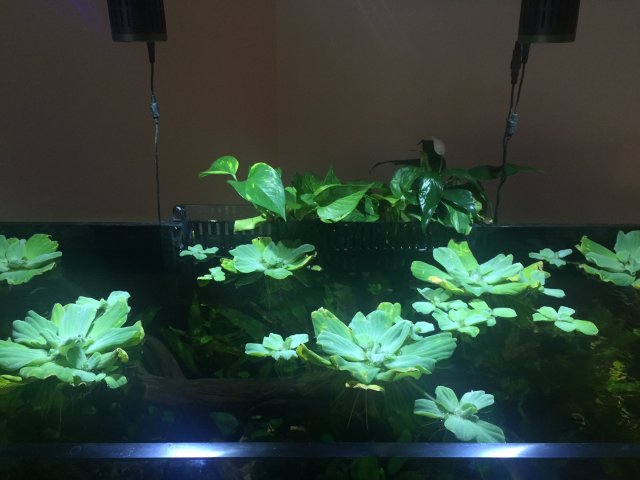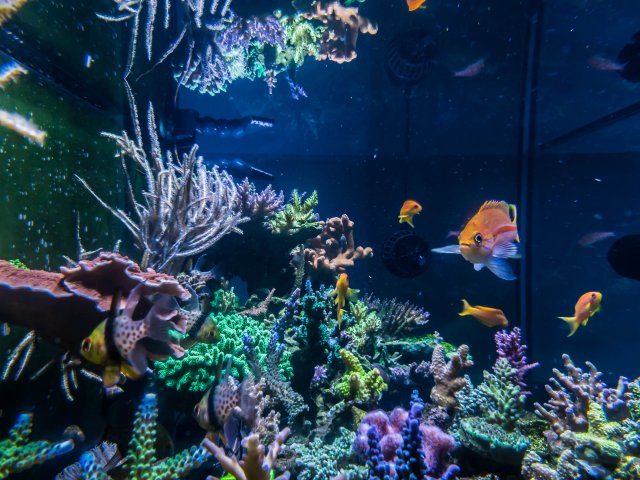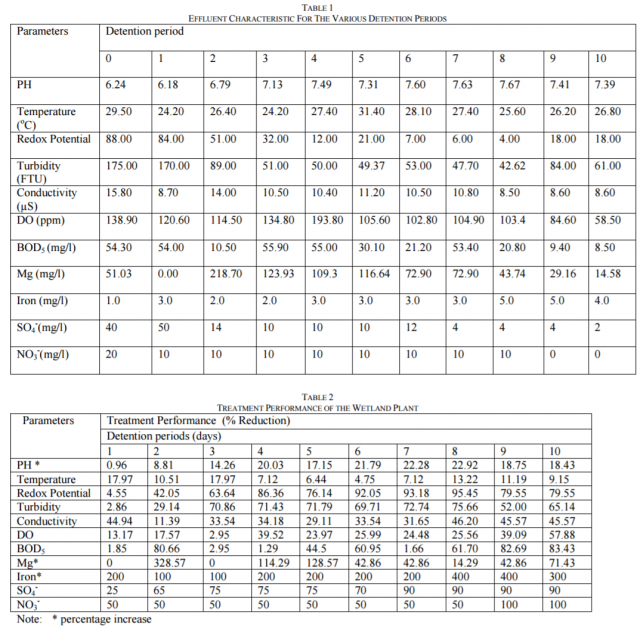Plants certainly reduce nitrogenous waste, but exactly how much is debatable and depends on species.
It kinda bugs me how blindly people believe in plants for nitrate reduction. My coworker told me he shouldn't have nitrates because his tank was full (literally) of plants. I tested it and found >160ppm nitrate.
I attended a dissertation presentation that featured a mass balance in a saltwater aquaponics setup. She found that although the plants assimilated some nitrogen, the greatest reduction came from the anoxic zones in the system, where denitrifying bacteria flourish. The roots (rhizosphere) were an excellent site for these bacteria to colonize. For the life of me I don't understand why more aquarists don't look into dentrification. We use it at work and there is up to a 90% reduction in nitrate after it goes through the reactor. It took 8 weeks in to do this in the water hyacinth study posted above! All you need is a media reactor (can be made from PVC) and a small pump. In aquariums you can also create anoxic zones by having deep substrate. These are the techniques used in reef tanks to keep nitrate at nearly undetectable levels. Just look up "deep sand beds", "plenums", or vodka dosing. These are all commonly used by reefers but are nearly absent in the freshwater community because fresh water is cheap. But if you want to reduce your nitrate without water changes, this will do it very effectively.
Plants never hurt though.
It kinda bugs me how blindly people believe in plants for nitrate reduction. My coworker told me he shouldn't have nitrates because his tank was full (literally) of plants. I tested it and found >160ppm nitrate.
I attended a dissertation presentation that featured a mass balance in a saltwater aquaponics setup. She found that although the plants assimilated some nitrogen, the greatest reduction came from the anoxic zones in the system, where denitrifying bacteria flourish. The roots (rhizosphere) were an excellent site for these bacteria to colonize. For the life of me I don't understand why more aquarists don't look into dentrification. We use it at work and there is up to a 90% reduction in nitrate after it goes through the reactor. It took 8 weeks in to do this in the water hyacinth study posted above! All you need is a media reactor (can be made from PVC) and a small pump. In aquariums you can also create anoxic zones by having deep substrate. These are the techniques used in reef tanks to keep nitrate at nearly undetectable levels. Just look up "deep sand beds", "plenums", or vodka dosing. These are all commonly used by reefers but are nearly absent in the freshwater community because fresh water is cheap. But if you want to reduce your nitrate without water changes, this will do it very effectively.
Plants never hurt though.








